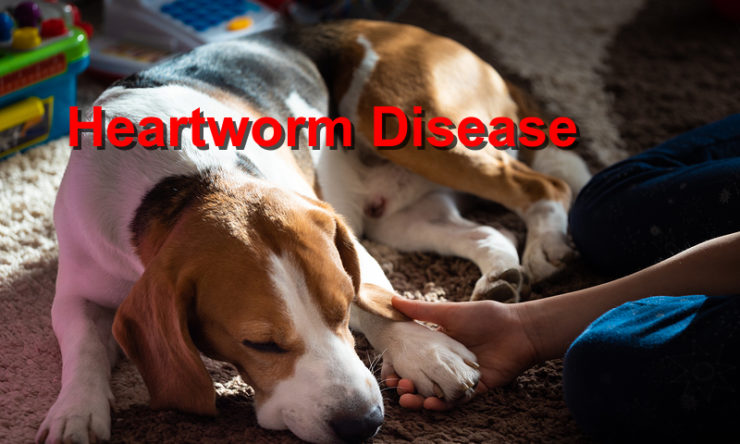How To Treat Heartworm Disease
Heartworm disease is caused by a poisonous parasitic that often infects cats, ferrets and dogs. It is also known to infect different types of wild animals, like sea lions, lions, pumas, tigers, wolves, cayotes and foxes. While they can cause human infection, it is rare and they don’t usually exhibit symptoms of illness.
Transmission of heartworm disease
Heartworm disease is usually transmitted between animals by mosquitoes. After mosquitos bite an infected household pet, young heartworms known as microfilariae easily enter the mosquito’s internal system. And within two weeks, microfilariae then develops into larvae inside the mosquito’s body, and the larvae is transmitted to other animals through mosquito bites.
The larvae will mature into an adult heartworm after six months. After three months of infection, the larvae slowly migrates inside the animal’s body and eventually reaches the lung. In the preceding months, these immature heartworms develop and become adults. These warms destroy the lung’s blood vessels, interferes with the heart function, resulting in lung and heart disease.
Where can you find heartworms?
As mentioned earlier, all cats and dogs are vulnerable to get heartworm infection. Heartworms disease is a real threat in all states and can affect all household pets, regardless of sex, age, or environment. Both outdoor and indoor cats are vulnerable to this disease. If you want to travel to another state with your pets, consult your vet to know the potential risks of heartworm disease.
Why you should test household pets for heartworm?
Since heartworms are generally spread by infectious mosquitoes, it is important to test any household pet that has been exposed to mosquitoes. Remember that indoor pets are also at risk as mosquito are found in homes.
Symptoms of heartworm disease?
If your dog has been infected with this disease, you may not see any symptoms of illness in the first few weeks. But as the illness progresses in the lungs, the dog might cough, loose appetitive, experience difficulty breathing, and become lethargic. Your dogs might easily tire fast after moderate exercise. On the other hand, cats that have heartworm disease will exhibit symptoms like vomiting, coughing and respiratory distress.
Treatment
Heartworm is a life-threatening illness and earlier detection is the best way to administer appropriate treatment. With earlier detection, the higher chances your pets have for faster recovery and less complications.
Conclusion
If you suspect your cats or dogs have heartworm disease, you should consult a vet immediately to prevent the illness from worsening.
References: AVMA, Webmd, VCA Hospitals
Copyright: Local Value


